Living Biobank Charity, Nature’s SAFE, will be saving rare UK wildlife thanks to Postcode Local Trust.
how to help
For many species, it’s now or never.
Donate Nowor why not Fundraise For Us?
Nature’s SAFE are excited to announce that our co-founder and charity coordinator Dr Rhiannon Bolton has successfully published a new paper reviewing assisted reproductive technologies and biobanking. Alongside other members of the Nature’s SAFE team, including; Dr Sue Walker (vice chair and fellow co-founder), trustee Matt Pettit, scientific advisors Lucy Morgan and James Gillis, Chester Zoo veterinarian Gabby Drake, Andrew Mooney from Dublin Zoo, as well as several other authors, they have published a paper entitled “Resurrecting biodiversity: advanced assisted reproductive technologies and biobanking” in the Journal of Reproduction and Fertility (volume 3, issue 3, published online 26 Jul 2022). This paper looks into how cryopreservation techniques and biobanking can help preserve the world’s natural biodiversity, restore genetic diversity and help save animal populations for the future.
The term biodiversity relates to the variety of living organisms found within a given area and maintaining biodiversity is essential for the health of Earth’s ecosystems. As such, biodiversity and its preservation or loss can actually have an impact on the health of human populations too. However, human activities are currently causing a mass extinction event, the 6th of its kind in the history of our planet, with the U.N. Convention on Biological Diversity estimating that up to 150 animal, plant and microorganism species go extinct each and every day, a rate 1000 – 10,000 times greater than expected. Also, as the numbers within an animal population dwindle, the amount of genetic diversity within the population declines, leading to inbreeding and health problems. For these reasons, we need to be doing everything we can to slow this rate of biodiversity loss, both in the wild habitats where these species live and in captive breeding and research projects.
In the review paper the authors outline the current methods available for cryopreservation, where animal tissues and cells are stored at ultra-low temperatures (for example at Nature’s SAFE we store our samples in liquid nitrogen at -196°C), in a manner that keeps them alive, so that they can be thawed out in the future and potentially used in assisted reproductive technologies. These efforts could lead to the birth of new offspring within an endangered species, which would bolster declining population numbers, reintroduce lost genetic diversity, boosting the overall health of the population and improving its long-term survival. These reintroduced individuals could also help reverse lost biodiversity and improve the health of ecosystems overall, benefitting not only wild species but human populations also.
Don’t miss
Living Biobank Charity, Nature’s SAFE, will be saving rare UK wildlife thanks to Postcode Local Trust.
Penh, a Cambodian binturong beloved by keepers and visitor alike, has sadly passed this week at Drusillas Zoo Park. But Penh’s legacy will live on - as his passing brings a new partnership between Nature’s SAFE and Drusillas Zoo Park. Through our new partnership, we were able to preserve Penh’s genetic material, ensuring that his unique genetic heritage can contribute to the survival of his species in the future.
This species of mouse deer is listed by the IUCN as endangered and there is a small, and mainly female, population managed in European zoos.
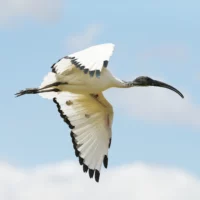
Sacred ibis
Total Population: 200,000 to 450,000 in the wild
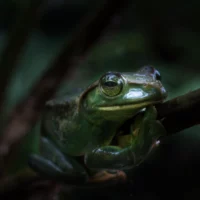
Fea’s tree frog
Total Population: Unknown
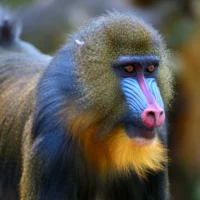
Mandrill
Total Population: Unknown
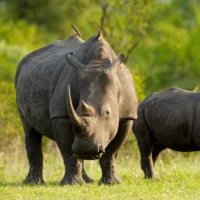
Southern white rhino
Total Population: Around 15,000 in the wild
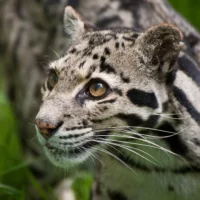
Clouded Leopard
Total Population: Less than 10,000 in the wild
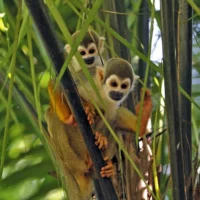
Guianan Squirrel Monkey
Total Population: Around 150,000 in the wild
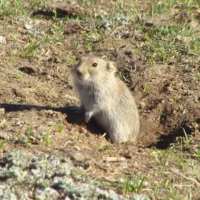
Brandt’s vole
Total Population: Unknown
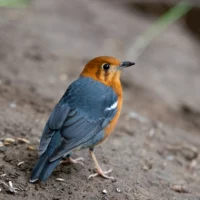
Orange-headed thrush
Total Population: Unknown
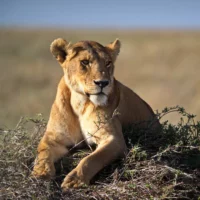
African Lion
Total Population: 20,000 - 25,000 in the wild
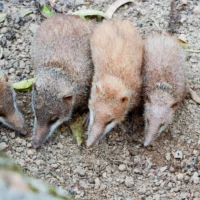
Lesser Madagascan tenrec
Total Population: Unknown
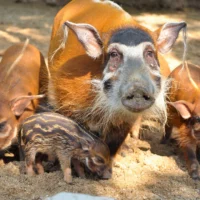
Red river hog
Total Population: Unknown
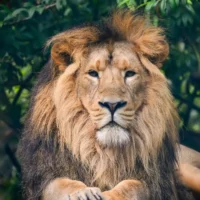
Asiatic Lion
Total Population: Around 650 in the wild
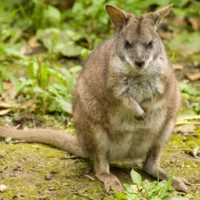
Parma Wallaby
Total Population: 1,000 - 10,000 in the wild
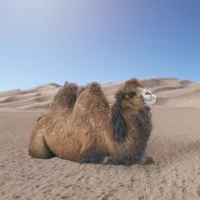
Bactrian camel
Total Population: Less than 1,000 in the wild
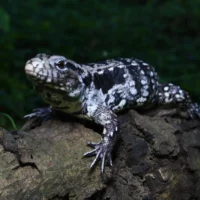
Argentine black and white tegu
Total Population: Unknown
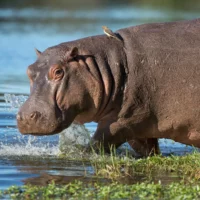
Common Hippo
Total Population: Less than 150,000 in the wild
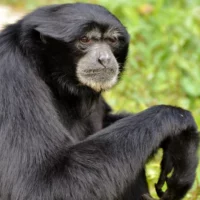
Siamang Gibbon
Total Population: Around 22,000 in the wild
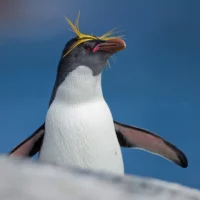
Macaroni Penguin
Total Population: Around 12 million
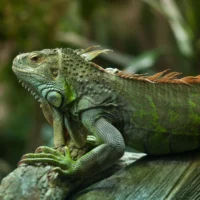
Green Iguana
Total Population: Around 1.3 million in the wild
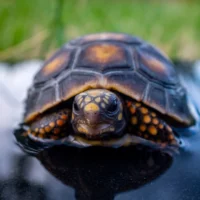
Red-footed tortoise
Total Population: Unknown